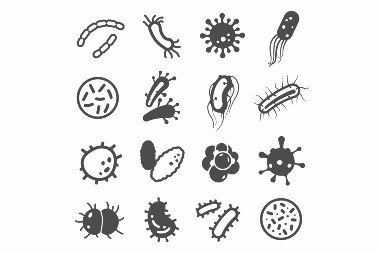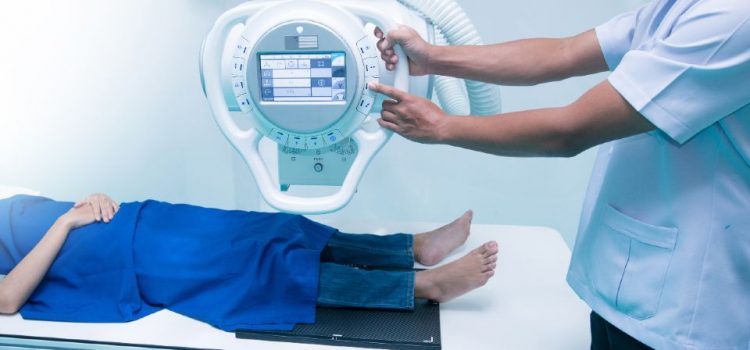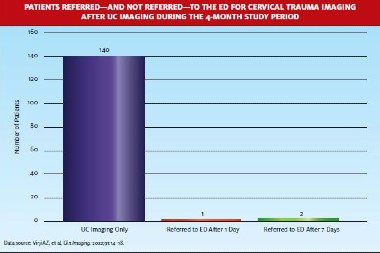If you read this issue’s cover article on how important urgent care is in fighting the current surge of sexually transmitted infections in the United States, you know that we are in the midst of an STI epidemic. (And if you didn’t read it, you should turn to page X to do so after you’re done here.) Sure, there have been demographic shifts in healthcare preferences; more Americans than ever (especially in the younger …
Read More







